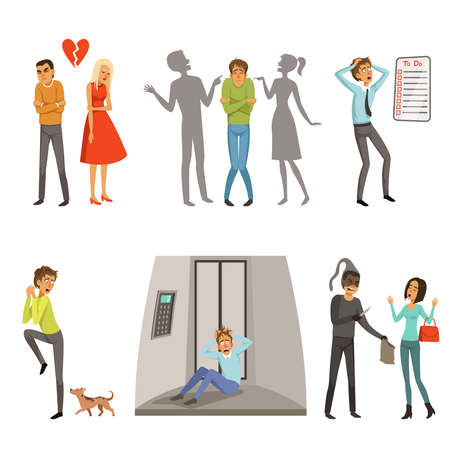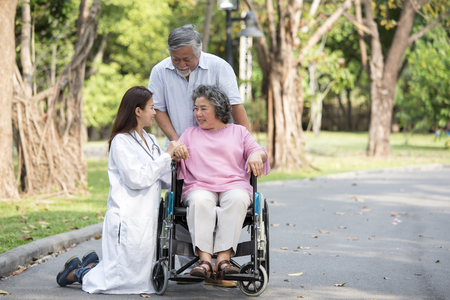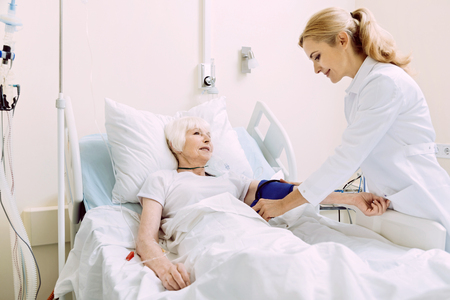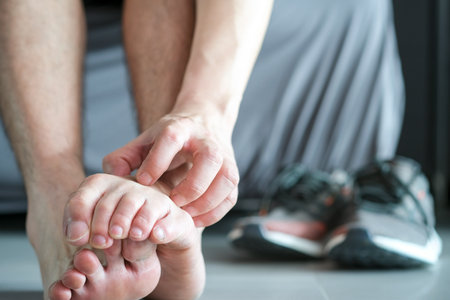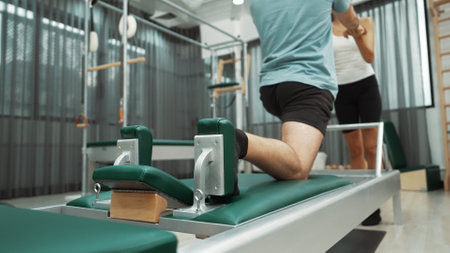Developing Personalised Rehabilitation Plans for Stroke Patients: A British Perspective
Understanding Stroke Rehabilitation in the UKStroke rehabilitation in the UK is a highly structured process, overseen primarily by the NHS and tailored to address both immediate and long-term needs of survivors. The typical pathway begins with acute care in hospital stroke units, followed by a transition to community-based services or specialised rehabilitation centres. Throughout these…
